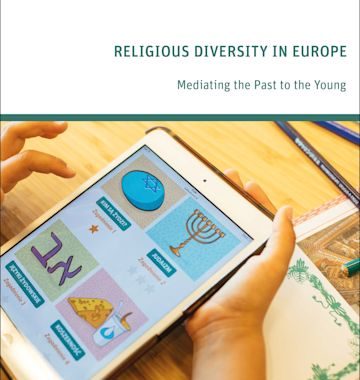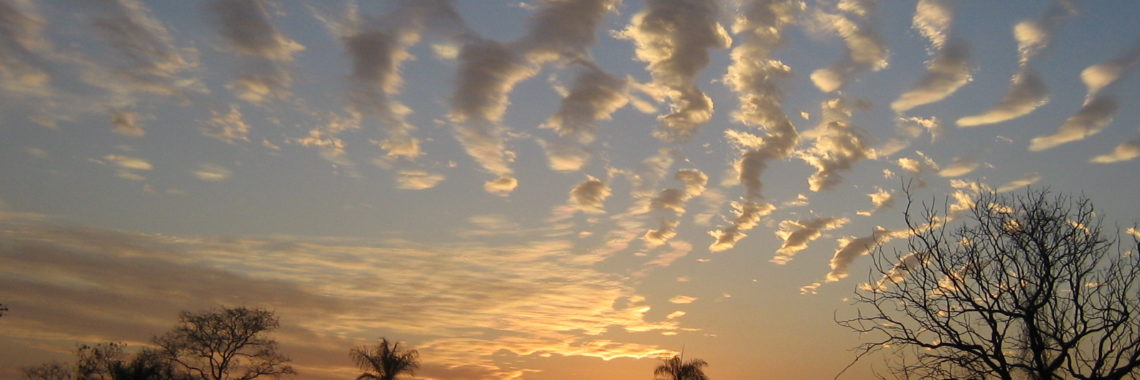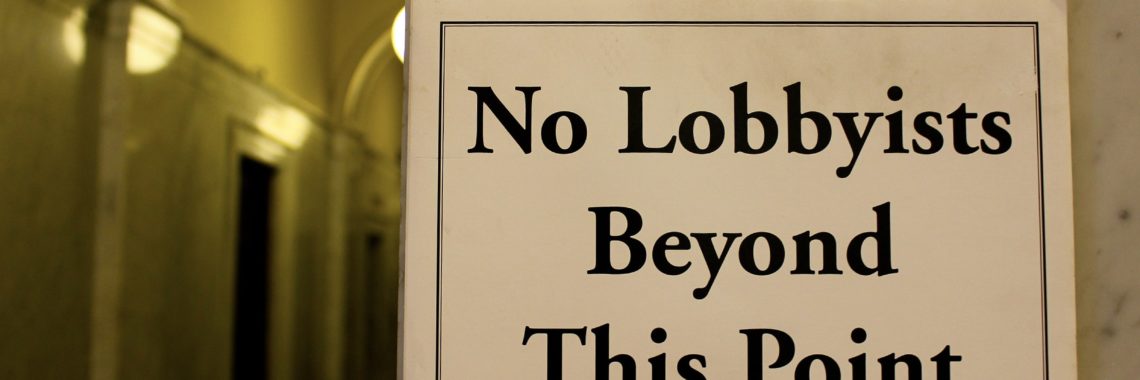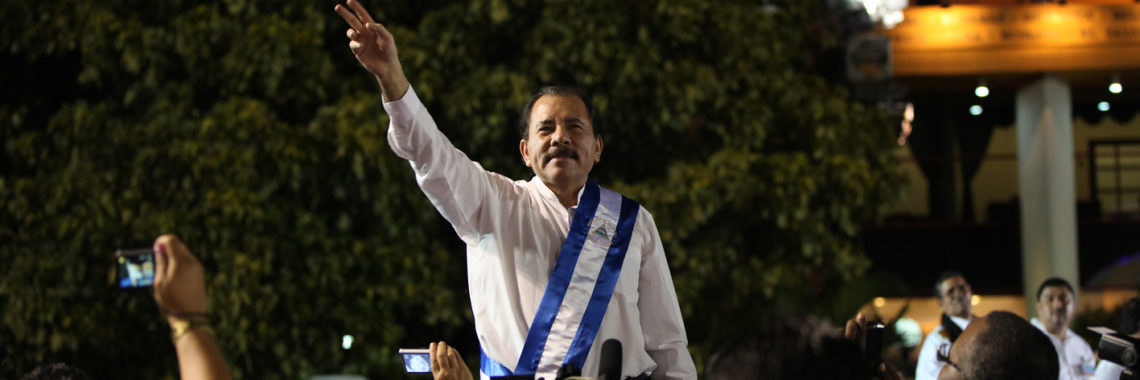“Religious Diversity in Europe: Mediating the Past to the Young” by Riho Altnurme, Elena Arigita, and Patrick Pasture
Religious Diversity in Europe: Mediating the Past to the YoungRiho Altnurme, Elena Arigita, and Patrick Pasture The following is an introduction to Religious Diversity in Europe: Mediating the Past to the Young, edited by Riho Altnurme, Elena Arigita, and Patrick Pasture (Bloomsbury Publishing, March 2022). The full book is available here. This book is one result…








